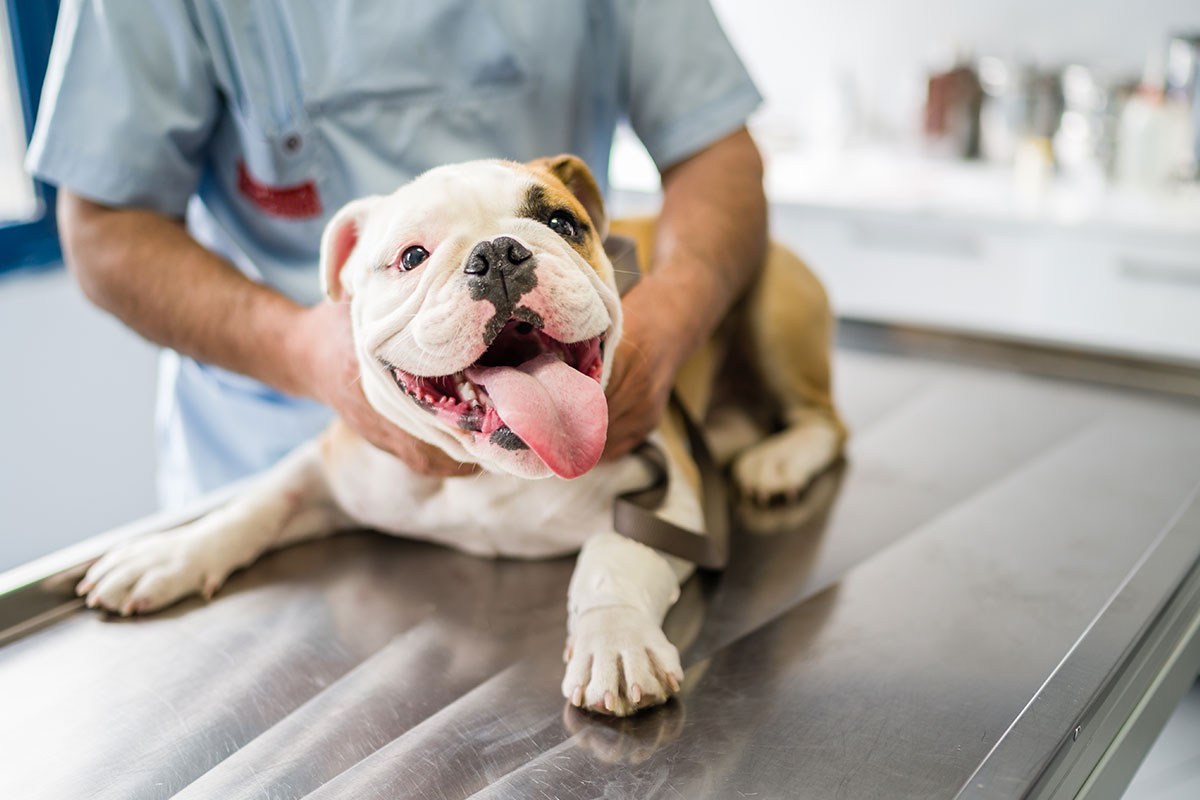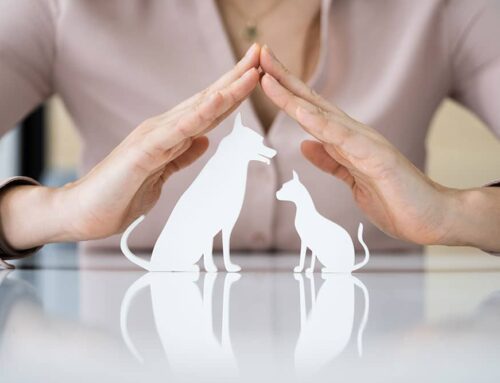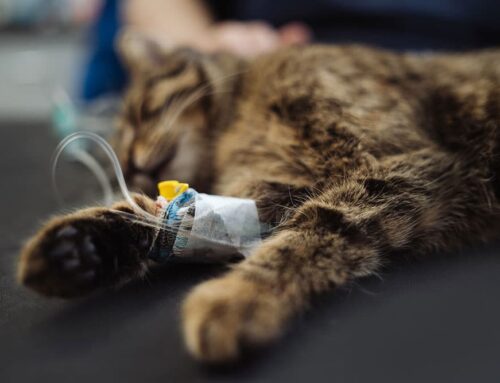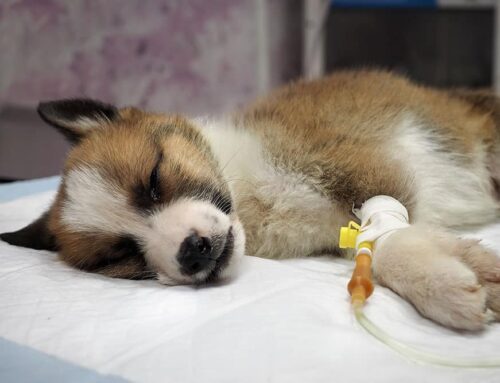Leptospirosis, or lepto, is a zoonotic disease that is contracted from food, water, and soil that has been contaminated with infected animal urine. Common wildlife animals carry leptospirosis and excrete the bacteria in your yard when they urinate. When you or your dog come in contact with a contaminated source, you have a chance of contracting this bacteria. Thankfully, there are several ways to prevent contraction of leptospirosis and we have summarized them below.
Canine Leptospirosis Vaccine
There is an immunization for leptospirosis prevention. It protects against 2 to 4 of the strains of leptospirosis. Puppies that are 12 weeks of age and older are eligible to receive this vaccine. Like many vaccines, after the initial administration, dogs will need to be re-boostered roughly 3 weeks later. After this, dogs will need to have this vaccine updated once a year.
We recommend providing this vaccine for protection as soon as possible. While not all veterinary locations consider lepto to be a core vaccine, we believe it should be. Almost all dogs come into contact with the outdoors. Without 24 hour surveillance, it is impossible to know if the area your dog is walking outside has been urinated in by wildlife. Therefore, it is always safer to protect against the unknown risk of transmission.
If your dog has previously contracted lepto, we still recommend vaccinating. It is important to know that vaccinating against lepto will reduce the severity of disease, but will not prevent infected dogs from becoming carriers. There are several strains of the leptospirosis bacteria and administering the vaccine can prevent them from contracting 2 to 4 of the strains.
Rodent Dense Communities
If you live in a rodent dense community, the risk for contraction of lepto is higher. High rodent populations often occur in cities, where there is a high volume of human consumption, resulting in food waste that feeds the local rat and mice communities. Rodent populations can also be high in rural communities, especially when living near a barn, large field, or forest. Rats, mice, skunks, opossums, and racoons all have potential to carry leptospirosis. If you are seeing these wild animals in your area, there is a higher potential for transmission.
Water Sources
Probably the most common way for contraction of leptospirosis is from a contaminated water source. If the wildlife animals mentioned above, or other dogs, are in your area – you have the chance to contract leptospirosis.
When infected animals urinate, they excrete the leptospirosis bacteria through their urine and leave them behind to be picked up by a new host. This urine can easily contaminate the soil, as well as groundwater, puddles, and ponds. Stagnant water is the most common place to see contamination occur. Since the water is not moving, it does not wash away the bacteria.
Never let your dog drink from unclean water sources. Avoid allowing your dog to sniff wet patches on the ground because it could be contaminated urine. We also advise not allowing your dog to swim in water sources that could be contaminated, as there have been documented cases of contraction occurring through an open wound.
Personal Protective Equipment
It is equally as important to protect yourself from contracting this zoonotic disease. Some ways to protect yourself include:
- Washing your hands with soap and water after being around animals, or using an alcohol-based hand sanitizer (at least 60% alcohol) when soap and water aren’t available.
- Avoid touching dead or injured animals, especially wild ones, with bare hands, and refrain from handling sick or abnormally behaving animals.
- Avoid coming into contact with urine, including your own dog’s urine.
- Providing your pets with annual veterinary care to maintain preventative vaccines and use lab work to monitor for abnormal values that may be indicative of leptospirosis.
- Always wear protective gloves when working with animals, even if they appear healthy.
- If you believe you have come in contact with contaminated food, water, soil, or urine, please contact your physician for medical assistance and advice.
My Dog May Have Been Exposed; What Do I Do?
It is important to consult your veterinarian if you believe your pet has come into contact with contaminated sources. Contracting leptospirosis can lead to serious illness and fatality. When caught early, oral antibiotics can be given to fight infection. If your pet is experiencing significant symptoms, they may require hospitalization, IV fluids, nutritional support, and/or a fever-reducer alongside the antibiotic treatment. To learn more about the test used to diagnose leptospirosis, visit this article: https://veterinarypartner.vin.com/default.aspx?pid=19239&id=4951453.
Use the precautions listed above when interacting with your pet, and avoid allowing them to urinate in public spaces. Your veterinarian will discuss the timeline in which your dog could still be excreting the bacteria in their urine. Be sure to educate anyone else living in your home or interacting with your dog while undergoing treatment, so that they do not expose themselves or others to leptospirosis.








Leave A Comment